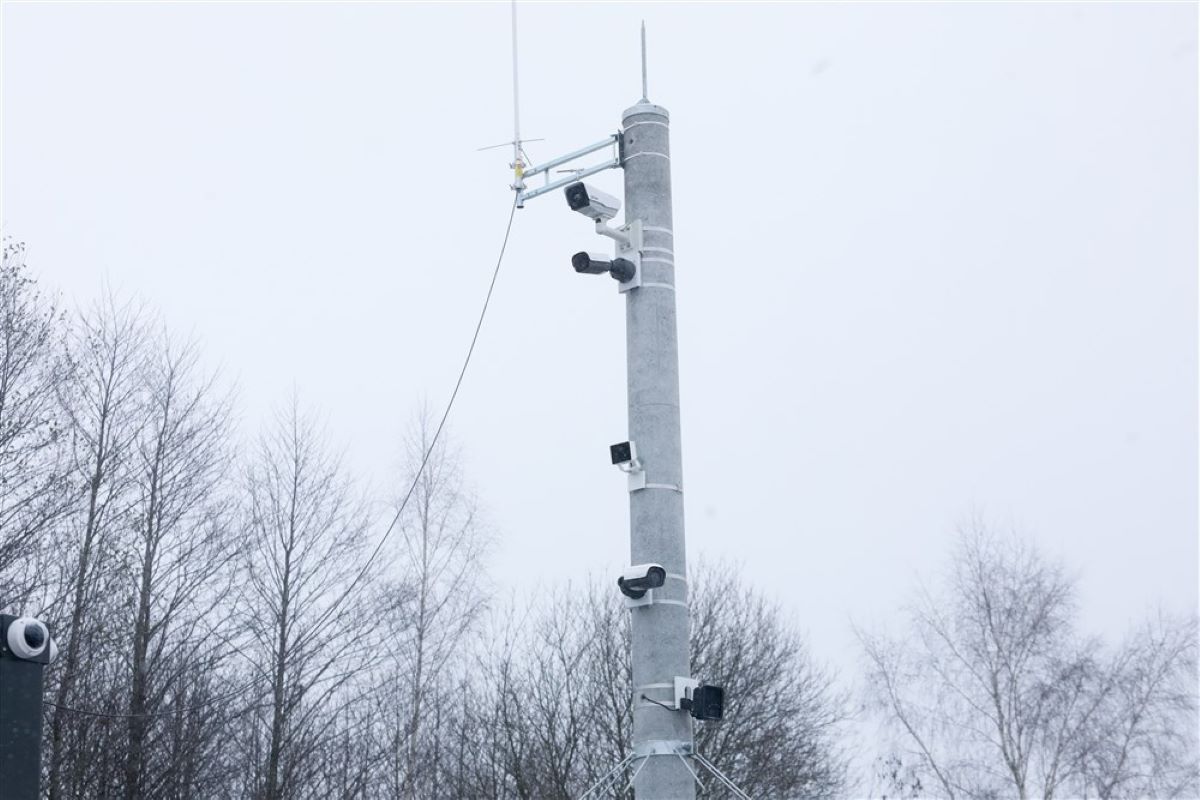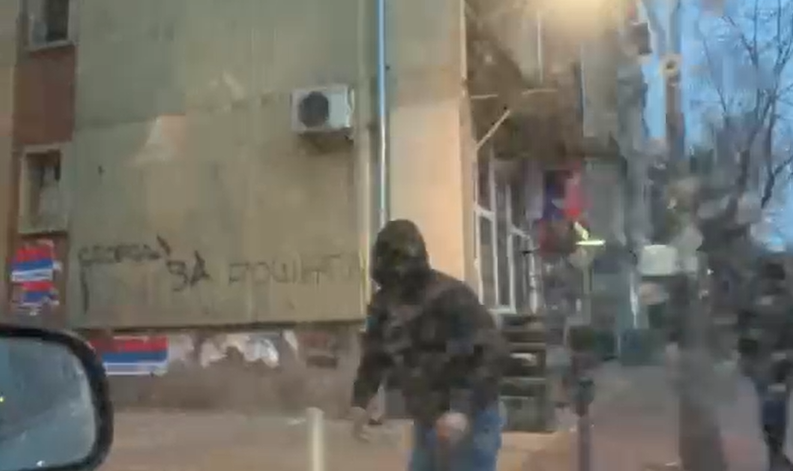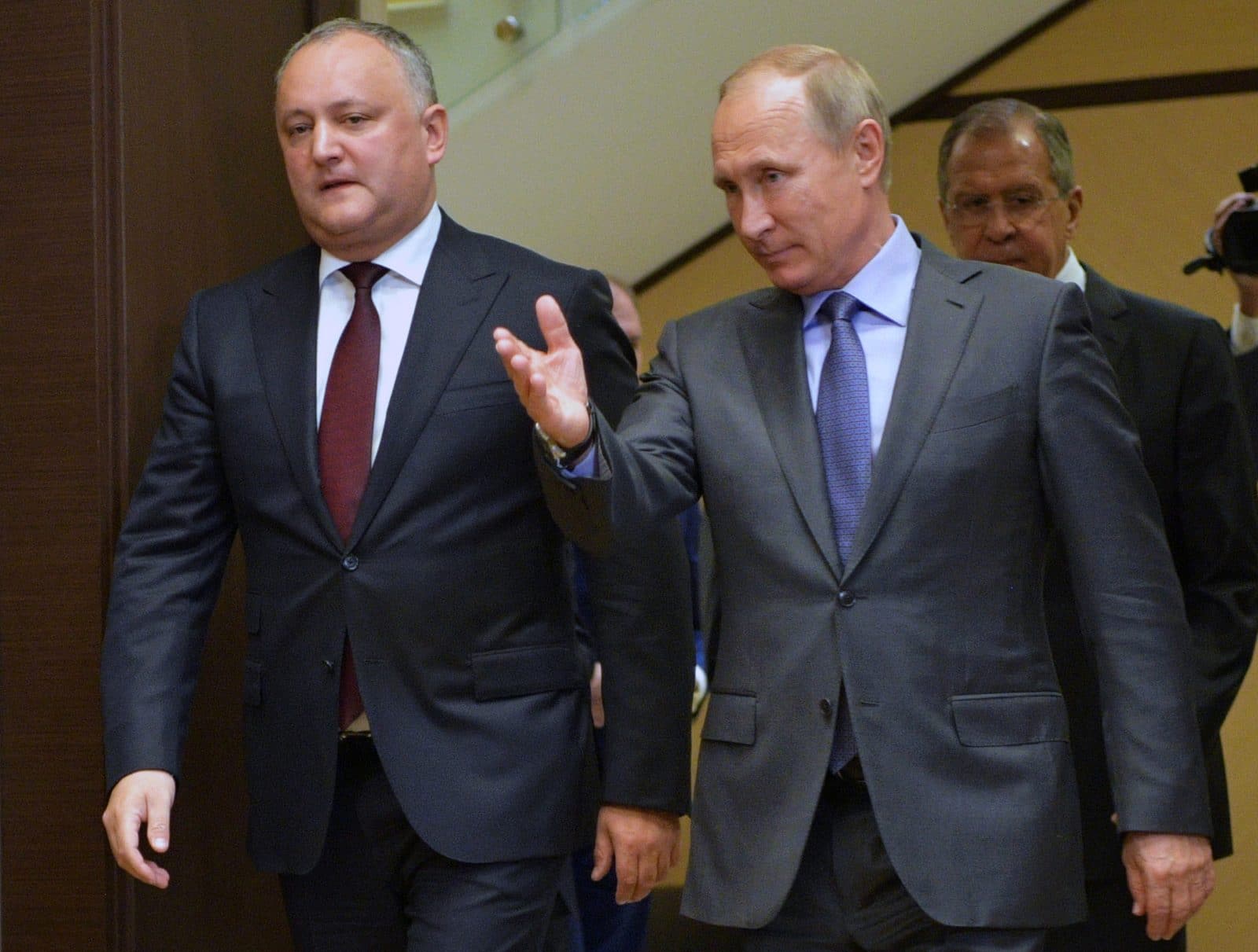
A new report by the Media and Law Studies Association, MLSA, focusing on trial monitoring in Turkey says freedom of expression and journalism in Turkey are being directly targeted by court cases and ever-longer jail sentences.
“Our report conclusively shows that the violations of freedom of expression, freedom of the press and freedom of assembly increasingly continue in Turkey,” Mumtaz Murat Kok, project and communications coordinator at the MLSA and the author of the report, told BIRN.
During the report period from September 1, 2021 to July 20, 2022, 446 hearings of 210 trials held in 23 cities were monitored by 22 court monitors; 1,398 people stood trial in the cases monitored.
“A radical increase has been recorded in the prison sentences handed down during this period. This illustrates the pressures on freedom of expression and the will of the courts to punish those who exercise this freedom in line with the changing political conjuncture,” the report wrote.
According to report, 67 people tried in 41 trials were sentenced to a total of 299 years, 2 months and 24 days in prison.
Journalists come at the top of the list targeted by court cases mostly related to terror charges.
“Journalists were the only defendants in 46 out of 62 cases in which ‘making propaganda for a terrorist organization’ was among the charges leveled. Also, in 38 out of 44 cases in which ‘membership in a terrorist organization’ was among the charges leveled, journalists were the only defendants,” the report wrote.
“Only in one year, 318 journalists had to appear before the courts. In great majority of cases, journalists’ news reports, social media posts and even the language they used were cited as evidence. This shows that even though there are fewer journalists in prison in Turkey, which may give the illusion that the press is freer, trials themselves have become a form of punishment,” Kok added.
The MLSA report noted that news reports, articles, and photographs taken by the defendants as well as statements and social media posts of the defendants constituted the majority of the evidence cited against the defendants.
Kok added that the report also provides concrete evidence that the reluctance of Turkish authorities to implement the judgments of the European Court of Human Rights, ECHR, gives way to further violations.
“When all of this combines with a will to punish those whose expressions are deemed ‘unacceptable’ by the government, we get the dire picture the title of our report paints,” Kok said.
Founded as a non-profit in December 2017, the Media and Law Studies Association defends and promotes freedom of expression, freedom of the press and the right to information in Turkey via conferences and reports.
The MLSA report has been published with support by the Norwegian Foreign Ministry and the Turkey Office of the Friedrich Naumann Foundation for Freedom.







 Western Balkan countries faced by cyber attacks since July (illustration). Photo: EPA-EFE/SASCHA STEINBACH
Western Balkan countries faced by cyber attacks since July (illustration). Photo: EPA-EFE/SASCHA STEINBACH 












